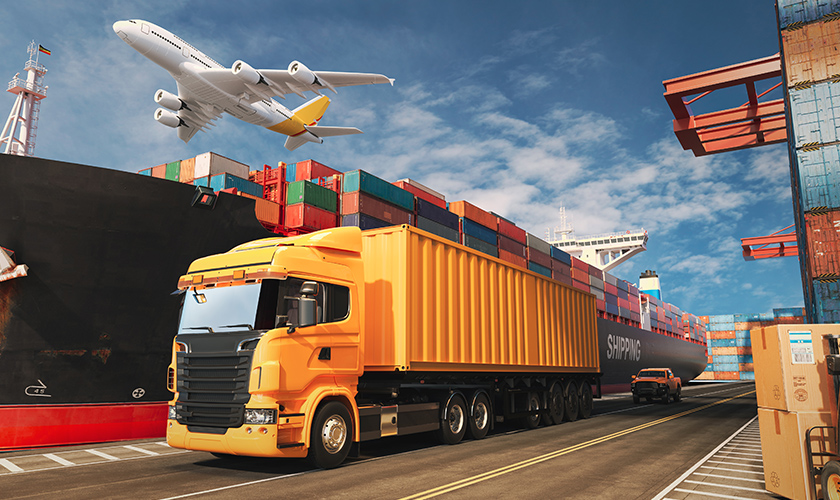Leading the Charge in Modern Logistics Delivery Solutions for Businesses
In the dynamic landscape of modern business, logistics and delivery solutions have become integral components of success. As the world moves towards greater digitization and globalization, companies are continuously seeking innovative ways to streamline their supply chains and meet the ever-growing demands of customers. Leading the charge in this transformative journey are companies that leverage cutting-edge technologies and strategies to revolutionize logistics and delivery services for businesses. One of the key drivers of modern logistics solutions is the integration of advanced technology. From artificial intelligence and machine learning to Internet of Things IoT devices and robotics, technology is reshaping every aspect of the logistics industry. AI-powered algorithms analyze vast amounts of data to optimize routes, predict demand, and enhance efficiency. IoT sensors provide real-time visibility into the movement of goods, enabling businesses to track shipments and monitor conditions like temperature and humidity.
Moreover, the rise of e-commerce has revolutionized consumer expectations, driving the need for faster and more flexible delivery options. In response, logistics companies are embracing strategies like same-day and next-day delivery, as well as offering convenient options like click-and-collect and locker deliveries. These solutions not only cater to the demands of consumers but also provide businesses with a competitive edge in the market. Furthermore, the integration of smart delivery systems, including drones and autonomous vehicles, promises to revolutionize last-mile logistics by overcoming traditional challenges such as traffic congestion and delivery delays. In addition to technology-driven solutions, modern logistics providers are focusing on sustainability and environmental responsibility. With growing concerns over climate change and carbon emissions, businesses are under increasing pressure to minimize their environmental footprint. Companies are adopting eco-friendly practices such as optimizing delivery routes to reduce fuel consumption, investing in electric vehicles, and utilizing packaging materials that are recyclable or biodegradable.

Furthermore, the pinoy cargo has accelerated the adoption of contactless delivery and digital solutions in logistics. To minimize the risk of virus transmission, businesses have increasingly turned to contactless delivery methods, where packages are left at designated drop-off points or delivered without requiring physical contact. Moreover, digital platforms and mobile apps have become essential tools for managing logistics operations remotely, enabling businesses to track shipments, communicate with drivers, and respond quickly to changing demands. These digital innovations have not only helped businesses navigate the challenges posed by the pandemic but have also paved the way for a more efficient and resilient logistics ecosystem. In conclusion, modern logistics and delivery solutions are undergoing a rapid transformation driven by technological advancements, changing consumer expectations, sustainability concerns, and the impact of global events like the COVID-19 pandemic. By embracing innovation and adapting to these evolving trends, companies can optimize their supply chains, enhance customer satisfaction, and stay ahead of the competition.
